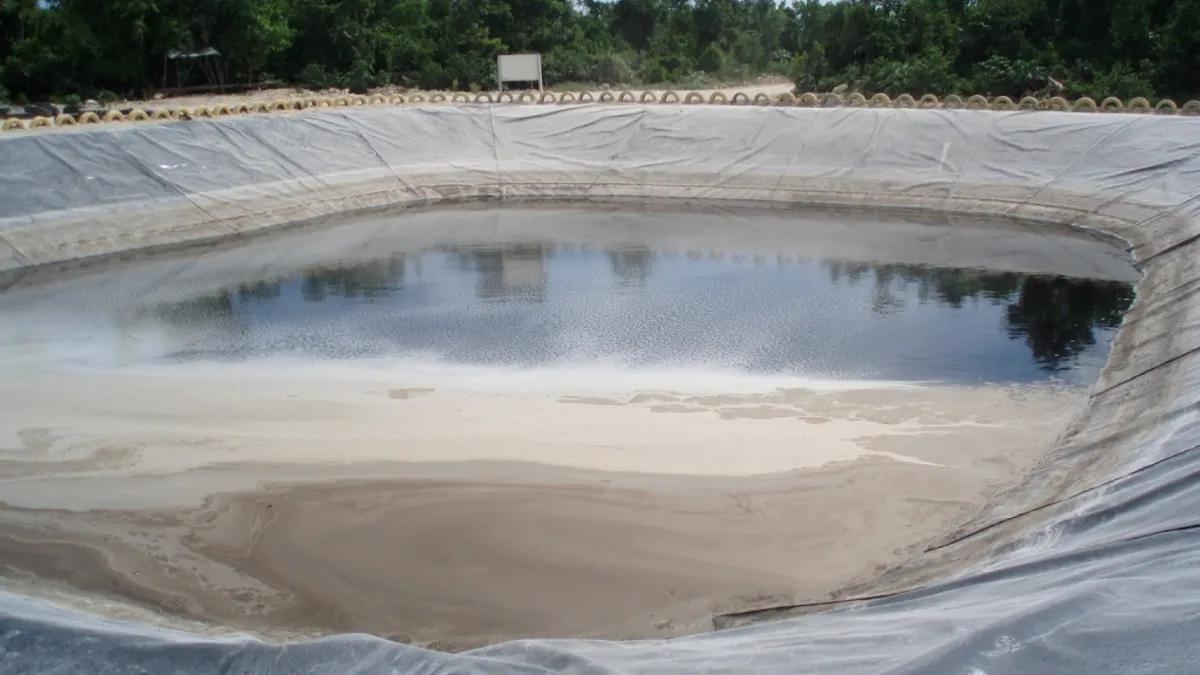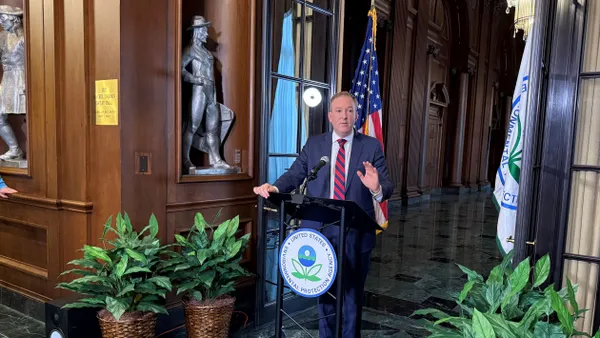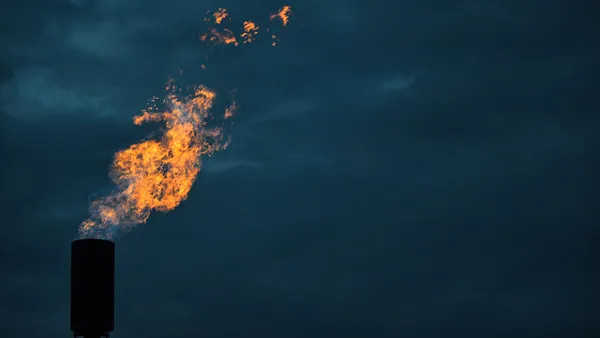Dive Brief:
- The Environmental Research & Education Foundation (EREF) announced Tuesday that it awarded four grants in the area of solid waste researching totaling over $577,000.
- Florida Atlantic University was granted $150,000 to research a standardized, non-subjective measure for nuisance odor detection; California State University, Long Beach, was granted $125,000 to research and design a material to improve the efficiency of converting landfill gas to energy; Florida State University was granted $152,105 to gain a better understanding of how "aggressive" leachates (like leachate generated from WTE ash) affect geosynthetic clay liners; and George Mason University was also granted $150,000 to develop and evaluate composite geosynthetic clay liners to manage aggressive leachate.
- The next deadline for grant pre-proposals is Jan 15, 2018, according to EREF. Pre-proposals are required before a full grant proposal and must be submitted online.
Dive Insight:
It's easy to think of innovation in the waste industry as routing technology, artificially-intelligent sorting machines and video software. But innovating the fundamentals — like odor control and waste containment — are equally important to keep the industry up to snuff with evolving environmental standards.
All of the grantees could make significant findings in those solid waste management fundamentals. The study out of Florida Atlantic University, looking to standardize odor detection for landfills, could work to improve relations between landfills and nearby communities, if it's a method or technology that is easily brought to scale.
Developments in leachate containment would also likely be seen as welcome, considering the fact it's substantially cheaper to contain waste and leachate in landfills than it is to clean up contaminated land. This rings especially true as landfills become more complex and more vertical. Some industry insiders are already considering how to evaluate leachate as management costs rise.
EREF extends its reach beyond grant programs. The group provides scholarships, continuing education programs, publishes reports and hosts webinars, all focusing on the waste industry. EREF recently released a comprehensive list of waste facilities in the U.S., which could be a first step in identifying larger waste trends, like gaps in regional processing.













